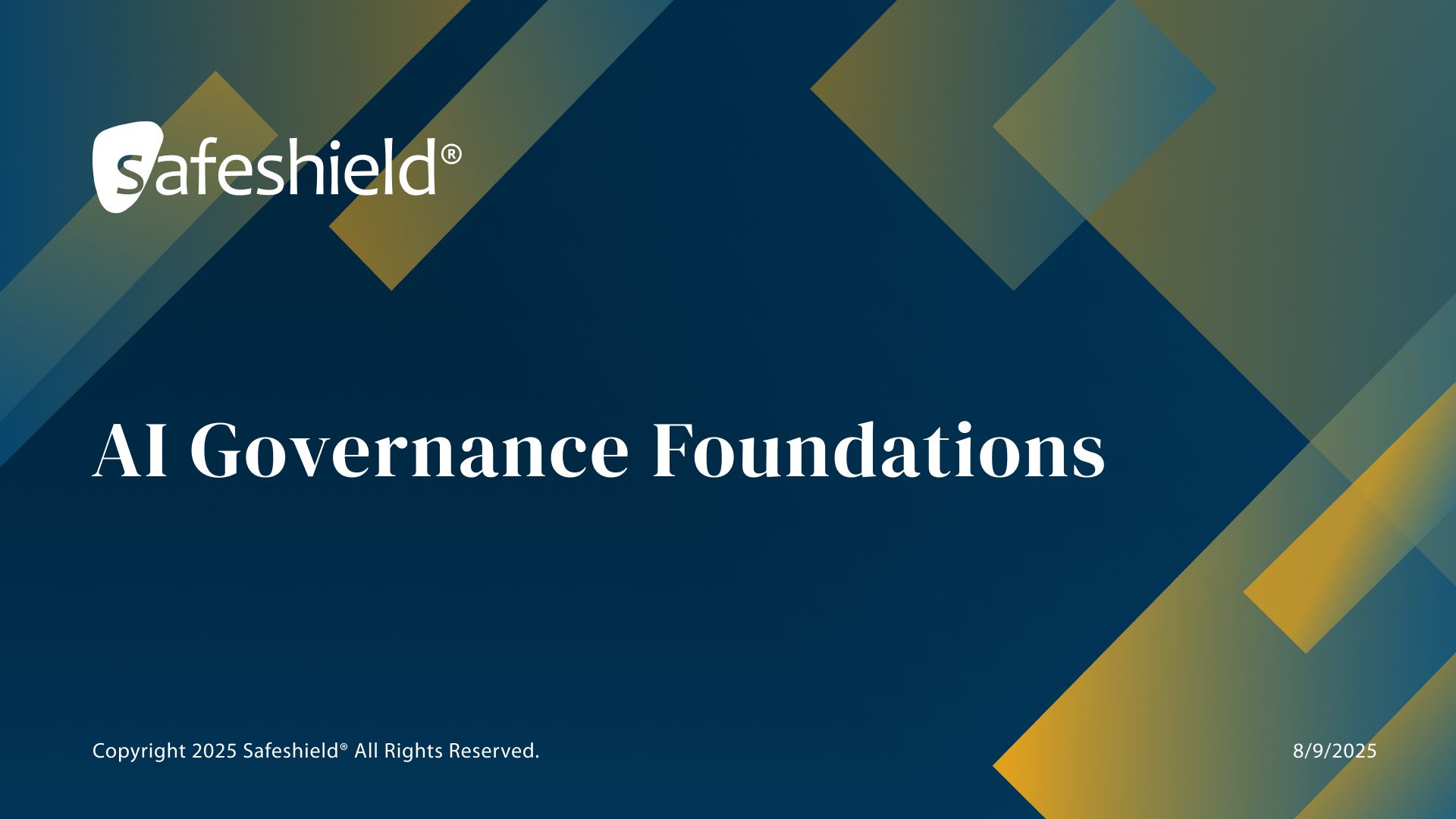Certified Lead Cloud Security Manager
Is this a Certification Course? Yes, this is a certification course. Certification and examination fees are included in the price of the training course.
Delivery Model: Self-Study
Exam Duration: 3 hours
Retake Exam: You can retake the exam once within one year
Price: US$ 795 / CAD$ 1095
Training Course Overview
The Lead Cloud Security Manager training course enables participants to develop the competence needed to implement and manage a cloud security program by following widely recognized best practices.
Why should you take this course?
The growing number of organizations that support remote work has increased the use of cloud computing services, which has, in turn, increased the demand for a secure cloud infrastructure proportionally.
This training course is designed to help participants acquire the knowledge and skills needed to support an organization in effectively planning, implementing, managing, monitoring, and maintaining a cloud security program based on ISO/IEC 27017 and ISO/IEC 27018. It provides a comprehensive elaboration of cloud computing concepts and principles, cloud computing security risk management, cloud-specific controls, cloud security incident management, and cloud security testing.
The training course is followed by the certification exam. If you successfully pass it, you can apply for a “PECB Certified Lead Cloud Security Manager” credential. A PECB Lead Cloud Security Manager Certificate demonstrates your ability and competencies to manage a cloud security program based on best practices.
Who should take this course?
Cloud security and information security professionals seeking to manage a cloud security program
Managers or consultants seeking to master cloud security best practices
Individuals responsible for maintaining and managing a cloud security program
Technical experts seeking to enhance their cloud security knowledge
Cloud security expert advisors
Learning objectives
Gain a comprehensive understanding of the concepts, approaches, methods, and techniques used for the implementation and effective management of a cloud security program
Acknowledge the correlation between ISO/IEC 27017, ISO/IEC 27018, and other standards and regulatory frameworks
Gain the ability to interpret the guidelines of ISO/IEC 27017 and ISO/IEC 27018 in the specific context of an organization
Develop the necessary knowledge and competence to support an organization in effectively planning, implementing, managing, monitoring, and maintaining a cloud security program
Acquire the practical knowledge to advise an organization in managing a cloud security program by following best practices
Educational approach
The training course contains essay-type exercises, multiple-choice quizzes, and examples of cloud security best practices.
The participants are encouraged to communicate with each other and engage in discussions when completing quizzes and exercises.
The exercises are based on a case study.
The structure of the quizzes is similar to that of the certification exam.
Prerequisites
The main requirement for participating in this training course is having a fundamental understanding of ISO/IEC 27017 and ISO/IEC 27018 and a general knowledge of cloud computing concepts.
Course Content
Day 1: Introduction to ISO/IEC 27017 and ISO/IEC 27018 and the initiation of a cloud security program
Day 2: Cloud computing security risk management and cloud-specific controls
Day 3: Documented information management and cloud security awareness and training
Day 4: Cloud security incident management, testing, monitoring, and continual improvement
Day 5: Certification exam
Examination
The “PECB Certified Lead Cloud Security Manager” exam meets the requirements of the PECB Examination and Certification Program (ECP). It covers the following competency domains:
Domain 1: Fundamental principles and concepts of cloud computing
Domain 2: Information security policy for cloud computing and documented information management
Domain 3: Cloud computing security risk management
Domain 4: Cloud-specific controls based on ISO/IEC 27017 and ISO/IEC 27018 and best practices
Domain 5: Cloud security awareness, training, roles, and responsibilities
Domain 6: Cloud security incident management
Domain 7: Cloud security testing, monitoring, and continual improvement
For specific information about exam type, languages available, and other details, please visit the List of PECB Exams and the Examination Rules and Policies.
Certification
After successfully passing the exam, you can apply for one of the credentials. You will receive the certificate once you comply with all the relevant requirements.
For more information about the Cloud Security Manager certifications and the PECB certification process, please refer to the Certification Rules and Policies.
The cloud security project experience should follow best implementation and management practices and include the following activities:
Implementing a cloud security program
Managing a cloud security program
Managing documented information in the cloud
Monitoring the cloud security performance
Managing a cloud security team
General Information
Certification and examination fees are included in the price of the training course
Participants will be provided with the training course material containing over 500 pages of explanatory information, examples, best practices, exercises, and quizzes.
In case candidates fail the exam, they can retake it within 12 months of the initial attempt for free.
Price: US$ 795 / CAD$ 1095

Our latest blog posts












